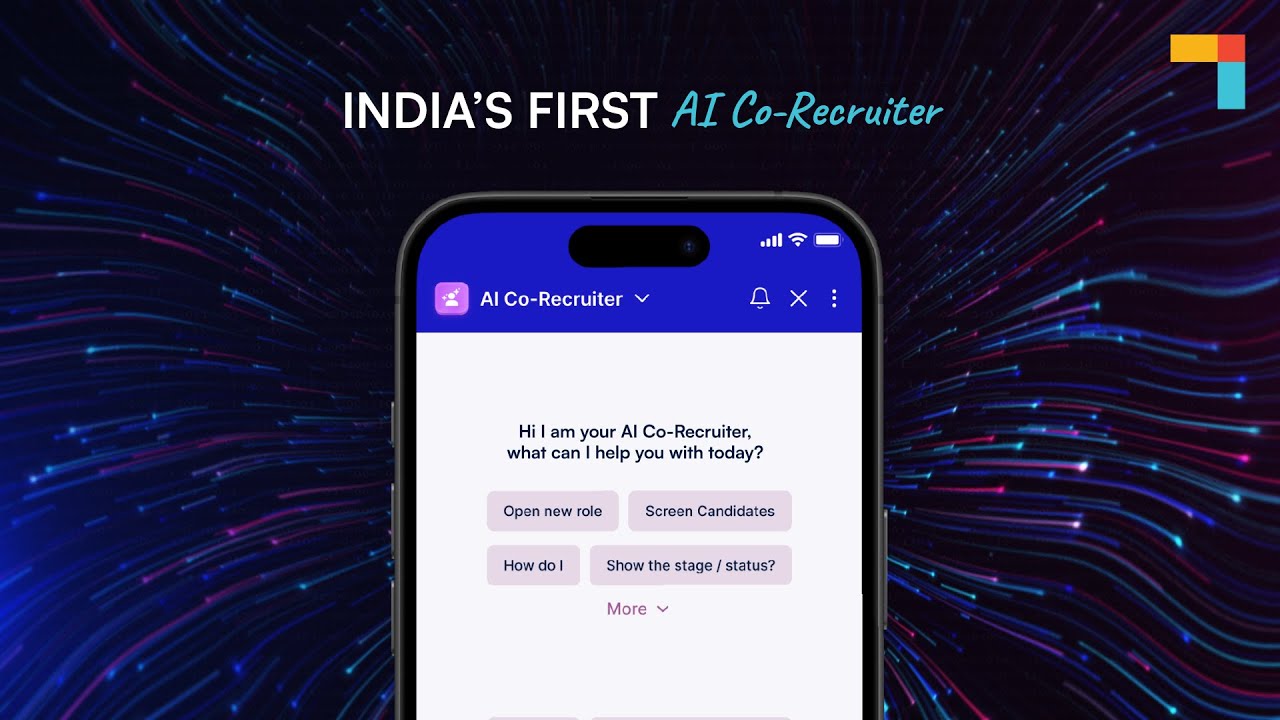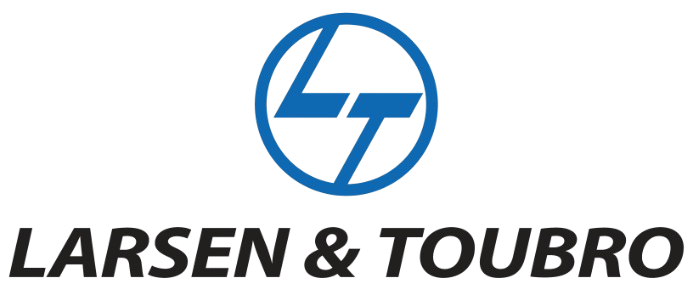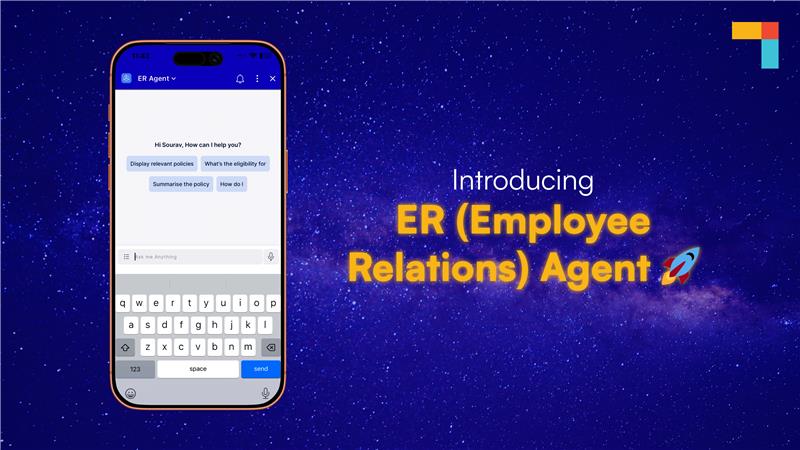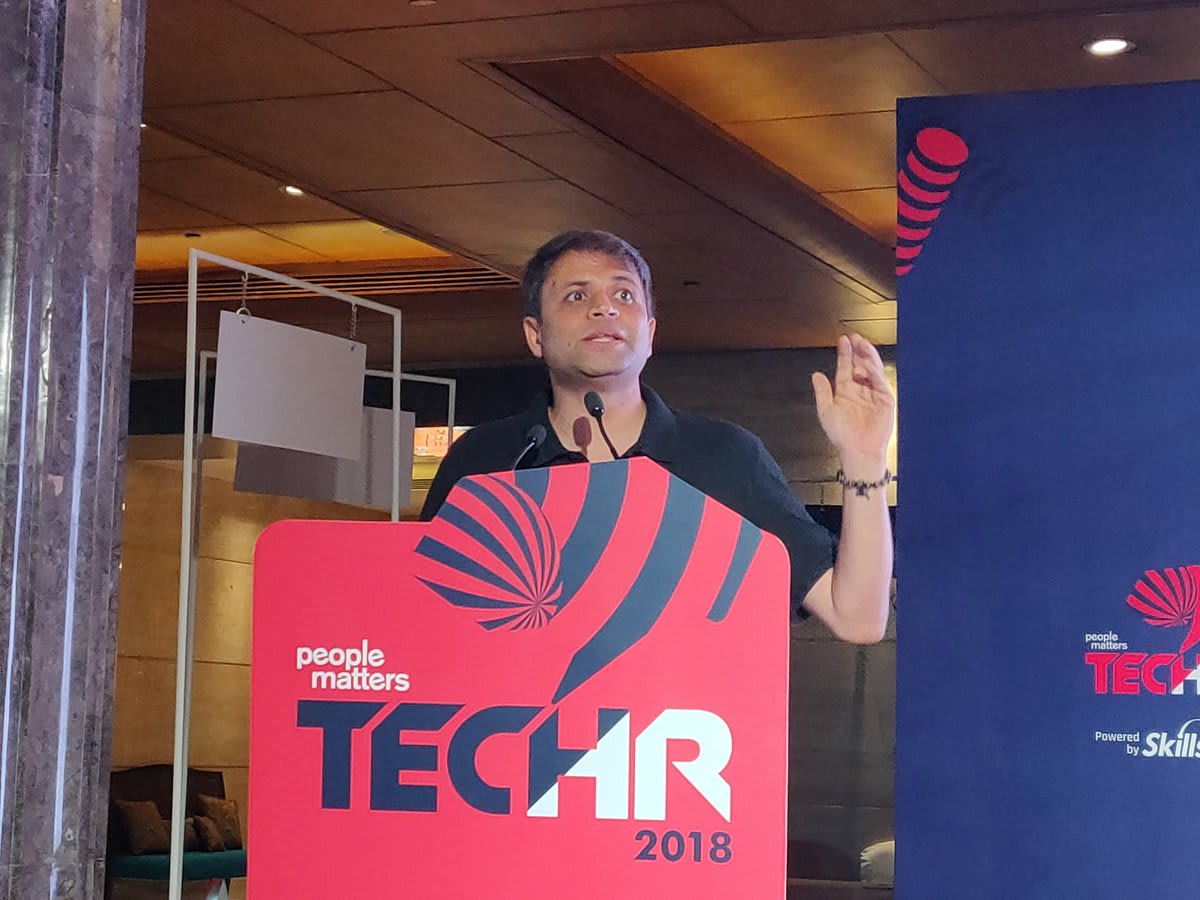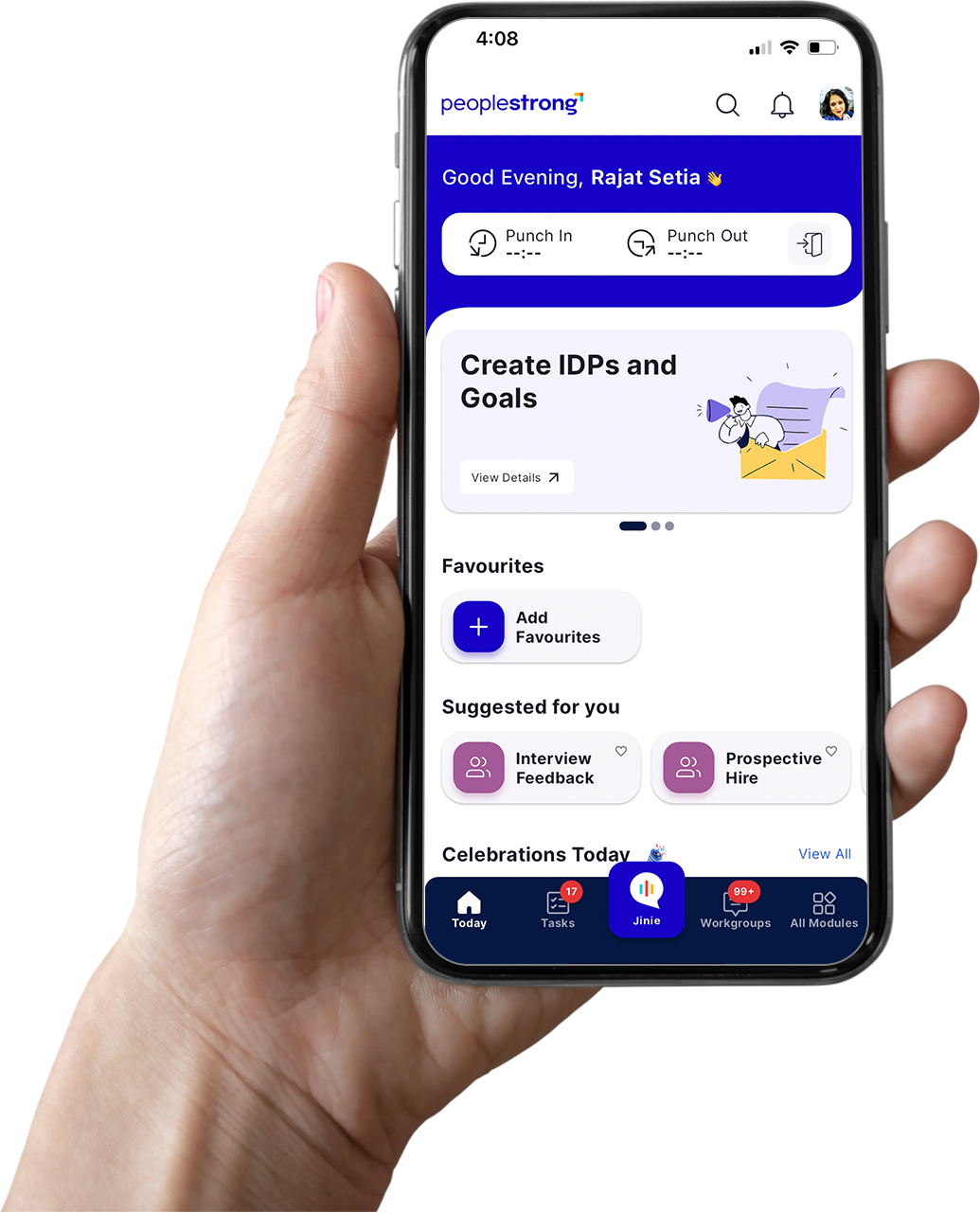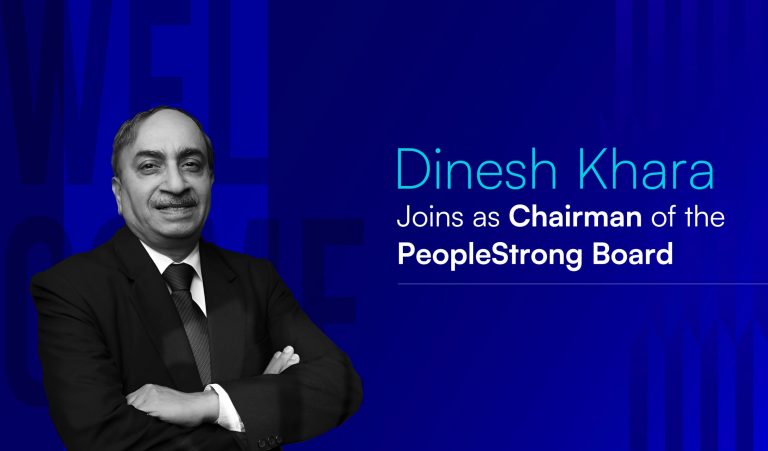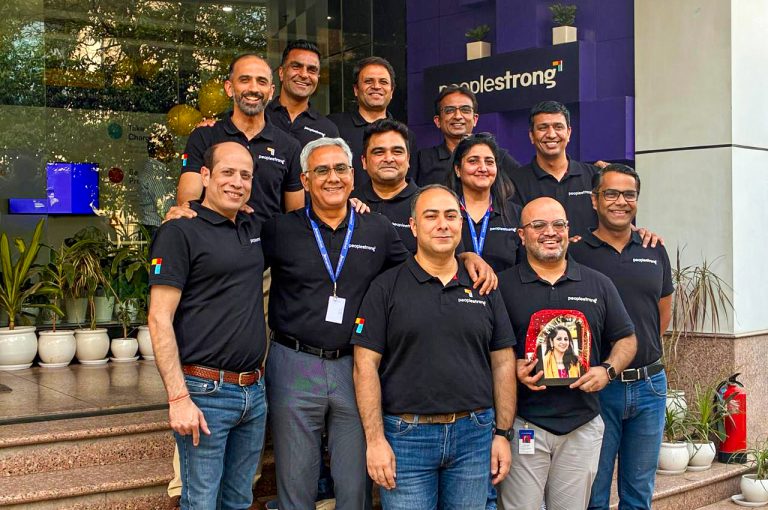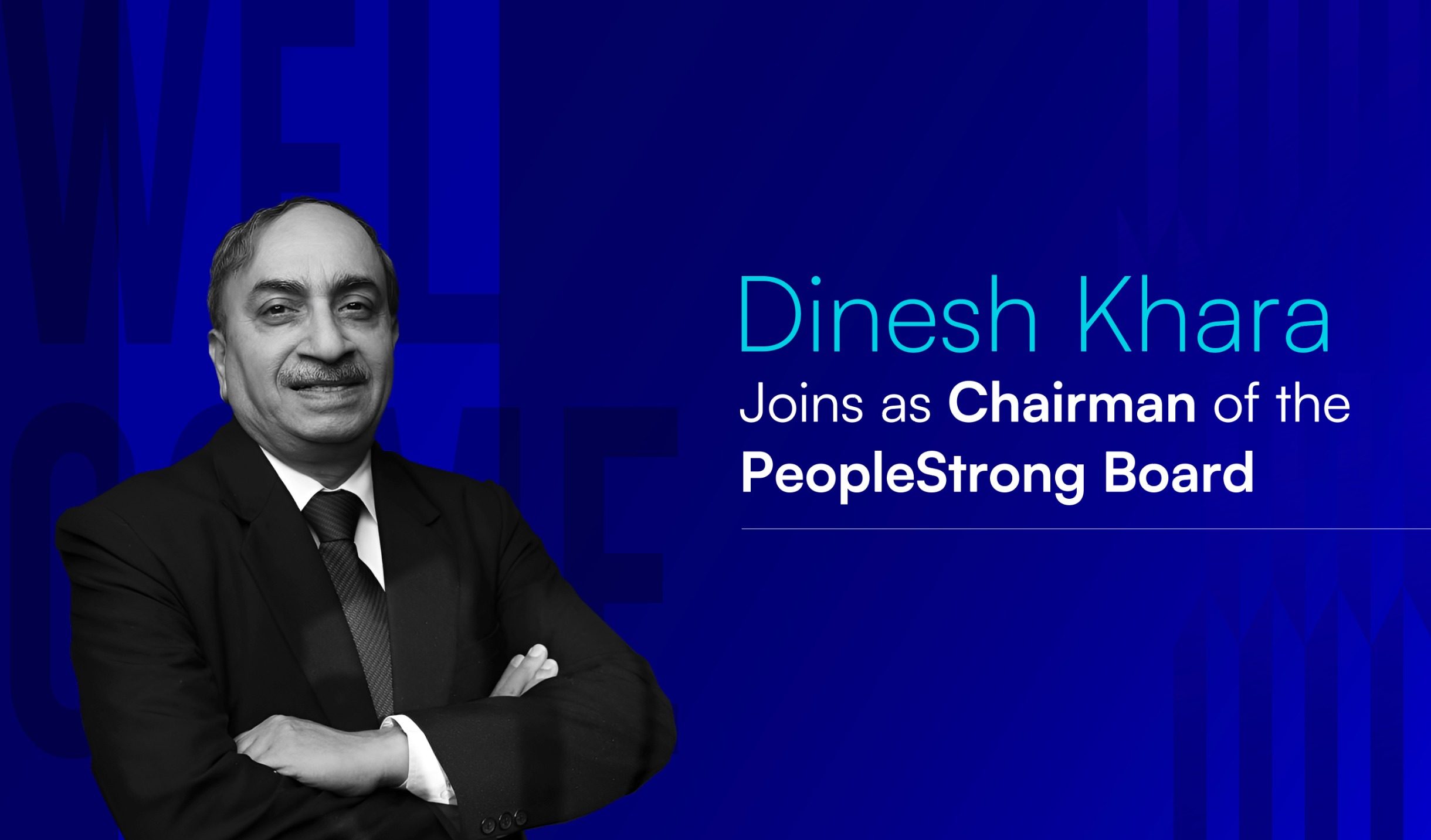To raise or not to raise?
This is one question that haunts startups in the initial stages. How much equity should they dilute early on? Should they delay raising funding in wait for a better valuation? How should they decide who is the right investor and advisor? How early on should they set up a properly functioning board?
These are some of the important questions that HR industry leader and founder of PeopleStrong, Pankaj Bansal, in his masterclass for startups at Tech HR 2018, shed light on.
Pankaj revealed that PeopleStrong has raised money about 11 times, raising a total of Rs400 Cr over the last 12 years. While some hailed the move, many questioned him as to why did he have to raise money every year?
For them, he had one straight answer: “dilution is normal but lack of funding is terminal.”
Build both financial and emotional equity
Many times startups are faced with the dilemma of whether they should raise money even if they are not getting the best valuation at that time. The founders might deliberate if they should wait for another six months?
To this, Pankaj believes that in order to save the so-called invisible money, founders should not lose the real money.
“100% of zero is zero. If you own 100% equity in your startup, no one cares. But at least you could have a journey of more than just a few years with funding.”
More so, founders assume that financial equity is everything. However successful startups are built through emotional equity. If you get a top investor, do you think you just want money from the person?
Pankaj thinks that should not be the case. Citing the example of PeopleStrong, he revealed that the first investor was Dr. Santrupt Mishra, Global Director, Human Resources, Aditya Birla Group. He did not ask him for money but for his sweat, for his help and guidance. If you get sweat from an investor, of people who matter the most, your financial equity becomes very valuable.
Similarly, while an employee gives you your sweat, can he also give you money? Apparently, he can. Again referring to PeopleStrong, he revealed how the firm has also built this emotional and financial equity through its employees. 10% of the capital raised by it was raised by its employees. 70 employees bought equity worth Rs 2 Cr in the company over a time span of eight years through an Employee Stock Purchase Plan designed by Ernst and Young. The plan allowed the firm to sell equity to its employees at a highly discounted price, which they could sell at a far more premium price later to the investors
So from employees, the firm could not only get sweat but also financial equity. From investors, it got the sweat equity besides financial equity.
Do not underestimate angels but neither overestimate them
Another important thing that startups need to understand in the initial stages is not to underestimate angel investors and neither to overestimate them. Startups should know when to stop raising angel rounds and moving on to VC and PE rounds.
Ideally, startups should approach an angel investor when you its pre-revenue. However, they should not move on to a VC round unless they are pre-revenue. Once they are sure they will be crossing a $1 Mn run rate, then it is the right time to approach VCs. Practically, they should stay with the VCs till the time they reach a point where they are scaling at a predictable level.
Hence it’s important for startups to put up the right targets for these stages. When it comes to a PE round, they should rope in a reputable banker to find the right PE investors.
Set up a board in the early stages
Stressing on the importance of having a board early on, Pankaj cited the example of his own firm which had a running board in the very first quarter. No investor would like to invest in a company that doesn’t have a proper board or an auditor. Indian entrepreneurs need to take instituting a board seriously and get away from the notion that it only adds to overhead costs. Startups should endeavor to institute board meetings as a regular feature and should not skip them.
The important thing to remember while setting up a board is not to do trophy hiring.
Your first board members should be your investors. Anyone who asks for money to come on your board should not be on your list. When you can afford, however, give them a reasonable board sitting fee. But remember that the board members who can add value to your startup won’t come to you for the fees-but because they feel for you.
Setting up a board early on is also signal to your customers that you are a stable company, their data is safe with you, and you won’t die out soon.
Complement your cofounders
Co-founders should complement each other. They need to be self-aware and understand each other’s strengths and which side of the business each one of them wants to be responsible for. Equity conversations among founders are the toughest conversations.
“Equity conversations among founders are the toughest conversations.”
So founders need to have them up front, nail them down, and from thereon, rest will be a cakewalk. It is nailing down the equity conversations and what each other’s role is going to be that sets the right tone for the startup.
Set smaller milestones to tackle self-doubt
Self-doubt is a part of the startup journey as one may lose clients suddenly or important projects might come to naught. But founders can fight it off by supporting each other. If one is down, the other founder needs to stand strong. Or it could be the board which is standing strong-so someone on the team needs to stand strong.
Self-doubt can be tackled through setting smaller milestones. Set smaller milestones and self-doubt will not hit you. As you grow bigger, self-doubt doesn’t stem from you but from the ecosystem as well. That’s where advisors help the most-because a startup might not know if the product is in the right place or is it in the right market? Product market fit will cause the maximum self-doubt. But if your board trusts you and you trust them, you will come out of it.
PeopleStrong is a leading HR Technology Solutions Provider with a suite of applications like Recruitment Software , Human Capital Management, Employee Training Management Software , Payroll Platform , and Jinie – Chatbot for HR which are built to help organizations like yours benefit from the latest HR and Technology processes. To Know More how we can help your organization, please contact us.
This article is part of PeopleStrong & PeopleMatters Learning Initiative
